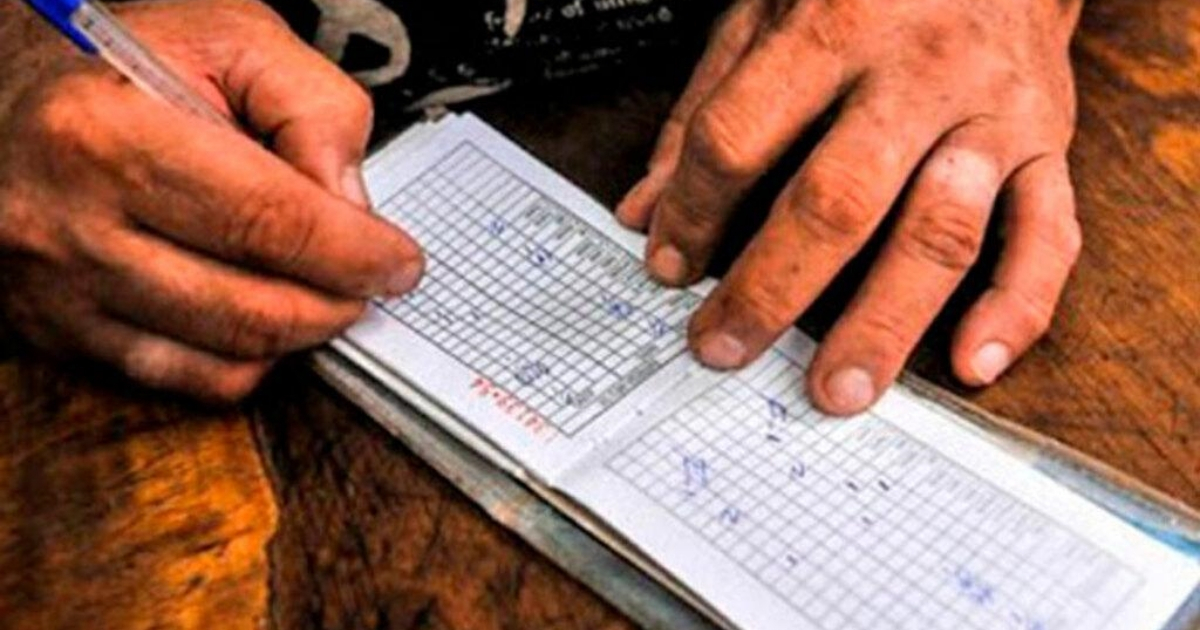
The Ministry of Internal Trade (MINCIN) of Cuba reported that in July there will be delays in the distribution and sale of some rationed products sold in state warehouses.
In astatementThe MINCIN assured that the sale of the basic basket is guaranteed, but not complete, and among the products that they will market "in a fractional manner" are rice and sugar,
That state agency announced that the shortage will be in "several territories," although it did not specify which ones.
"Its completion is guaranteed during the month, with availability in the country, in the process of transportation to wholesale warehouses," he assured.
Salt and peas will be sold completely during the seventh month of the year; but milk for children, diets and chronic diseases of childhood and pregnant women will be distributed in a combination of fresh and powdered product "according to the conditions of each territory."
With the compotes, which are only sold to children, there are delays and in July they will make the fourth distribution and in Havana,Santiago de Cuba and Isla de la Juventud, the fifth distribution.
Other foods, such ascafé and the oil corresponding to May and that have not been sold, will begin to be distributed to settle the outstanding debt.
Meanwhile, the MINCIN assured that they prioritized money to buy in the international marketthe chicken and the raw materials of the minced meat or sausage, so as not to delay the sale. There should also be no problems in therationed distribution of eggs.
In Camagüey, Las Tunas, Holguín, Granma and Guantánamo, the completion of a distribution of donation food modules continues, by nuclei; and in a differentiated way to people in vulnerable situations.
The rationed sale of hygiene products also continues, due to problems in the availability of raw materials. The bath soap will be by core composition and the toothpaste and detergent "according to the criteria of the governing councils."
The laundry soap will be sold to patients in the bedridden and incontinent program, in addition to two units for children under two years of age and one for those who are "in a vulnerable situation." The rest of the citizens will purchase the product depending on the number of people who make up the family unit.
Cuba is experiencing an alarming food crisis, and the prices of products are increasingly higher, so acquiring food and hygiene becomes increasingly difficult.
The government blames the crisis on the US embargo and international problems, but does not assume its share of responsibility or free up the domestic retail market.
For some experts, this constitutes a method of social control, making people dependent on what can only be purchased through state entities.
In the midst of the crisis, the free importation of toiletries, food and medicines has been authorized, without commercial purposes, which solves part of the problem, but does not guarantee universal access to these products, which are highly in demand.
What do you think?
COMMENTFiled in: